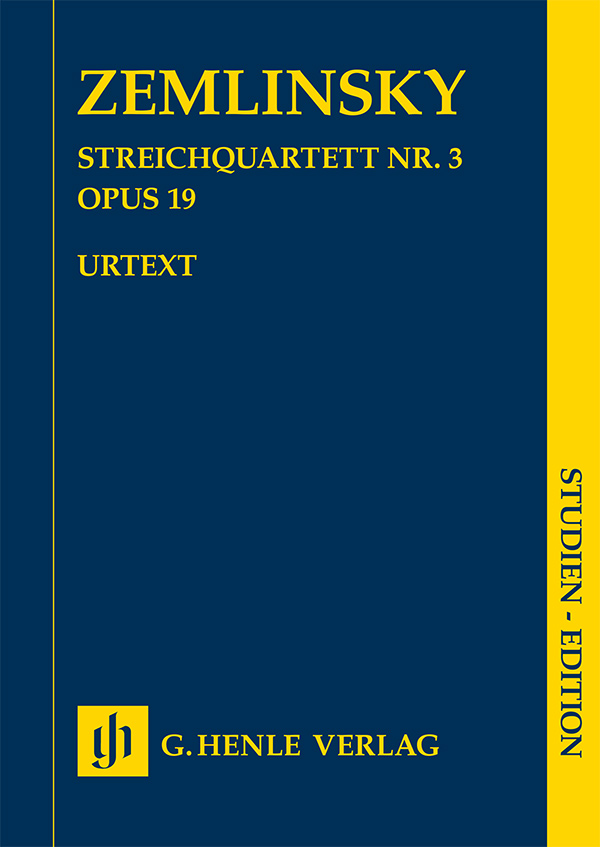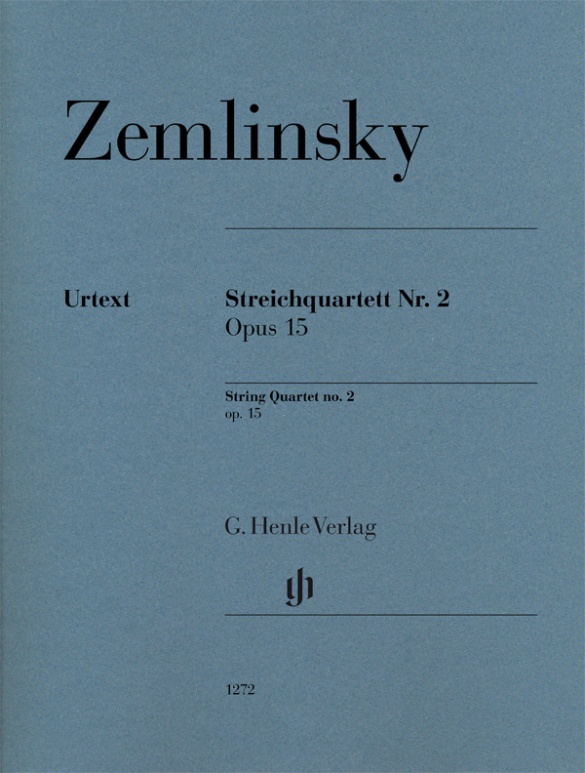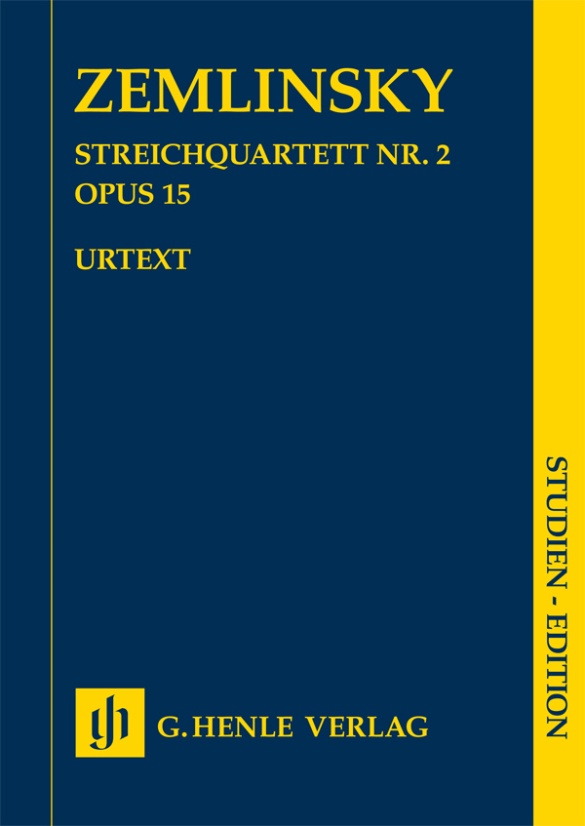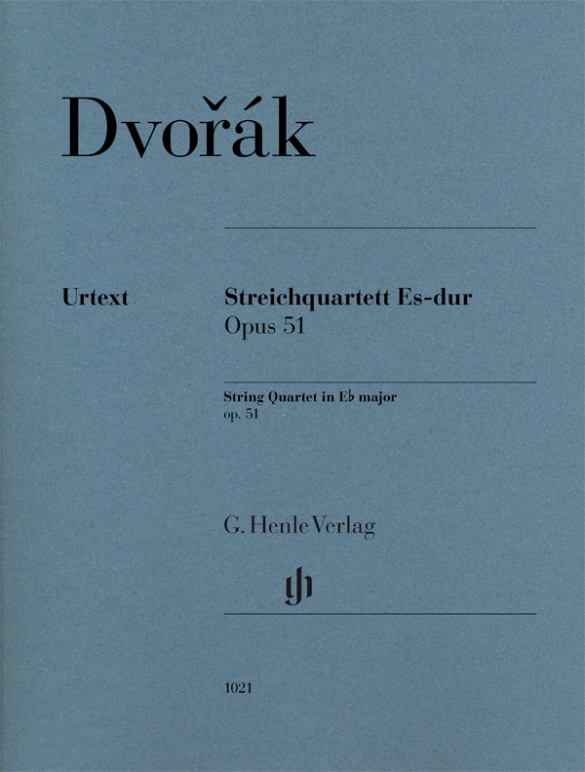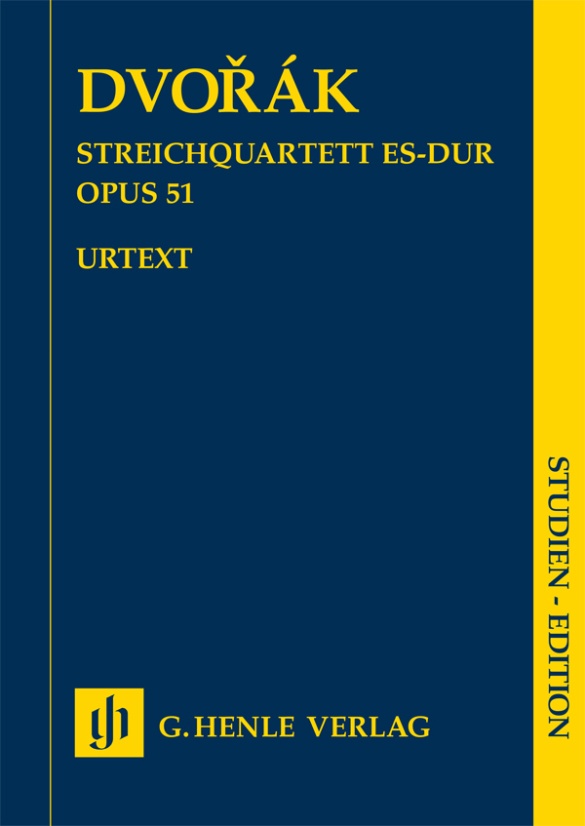Alexander Zemlinsky
String Quartet no. 3 op. 19
The string quartets by Viennese composer Alexander Zemlinsky number among the most important contributions to the genre in the first half of the twentieth century. The Third String Quartet op. 19, composed in 1924, shows the mature master at the height of his creativity. The difference to the highly expressionistic Second String Quartet, written ten years earlier, could hardly be greater. With its four-movement form, an often linear style of writing and the ironic detachment of its tone, Zemlinsky’s op. 19 takes up the then current neoclassical tendencies of the 1920s. For this Henle Urtext edition, it was possible to consult the autograph score, the engraver’s copy proofread by the composer and the first edition, so that the edition is based on an optimal source foundation. The editorial work was generously supported by the Alexander Zemlinsky Fund, Vienna.
Content/Details
About the Composer
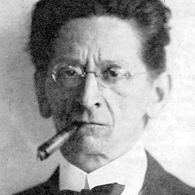
Alexander Zemlinsky
One of the most important conductors and composers of opera in the first third of the twentieth century, who attained the recognition he deserved only in the 1970s.
| 1871 | Born in Vienna on October 14. Piano instruction beginning at age 4. |
| 1884–92 | Education at the Conservatory of the Gesellschaft der Musikfreunde (Society of Friends of Music) in Vienna. Early chamber music in the style of Brahms. |
| 1895/96 | Founder and director of the amateur orchestra “Polyhymnia,” where he meets Schönberg; beginning of their friendship, though he does not pursue the path to atonality and later criticizes Schönberg’s twelve-tone technique. |
| 1900–03 | Principal conductor at the Carltheater in Vienna. |
| from 1903 | Instructor at the Schwarzwald school, where he teaches Berg, Horwitz, Jalowetz, E. Stein, and Webern. |
| 1904–06 | Composition of the opera “Der Traumgörge” (“Görge the Dreamer”). |
| 1904–11 | Music director of the Vienna Volksoper. |
| 1907 | Conductor at the Vienna Court Opera. |
| 1910 | Premiere in Vienna of his opera “Kleider machen Leute” (“Clothes Make the Man”). |
| 1911–27 | Kapellmeister at the German Theater in Prague. Engaged as instructor at the German Academy for Music and Fine Arts, as rector after 1920. Composition of the String Quartet No. 2; the Lyric Symphony, Op. 18 (1922/23); the “Six Maeterlinck Songs,” Op. 13 (1910/1913); and the Wilde operas “Eine florentinische Tragödie” (“A Florentine Tragedy,” premiere 1917) and “Der Zwerg” (“The Dwarf,” premiere 1922). |
| 1927–30 | First Kapellmeister at the Berlin Kroll Opera under Klemperer. Engaged as instructor at the Academy of Arts (choral class). |
| 1933 | Premiere in Zurich of the opera “Der Kreidekreis” (“The Chalk Circle”). Return to Vienna because of the Nazi regime. |
| 1934 | Songs, Op. 22, on poems by Morgenstern and Goethe. Political circumstances prevent his engagements; contracts previously signed are nullified on account of his Jewish heritage. |
| 1935–38 | Composition of the opera “Der König Kandaules” (“King Kandaules”), which remained unfinished (premiere in 1996, completed by A. Beaumont). |
| 1938 | Emigration to the United States. |
| 1942 | Death in New York on March 15. |
About the Authors
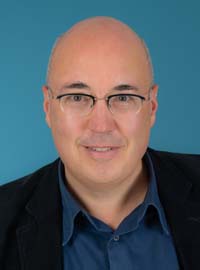
Dominik Rahmer (Editor)
Dr. Dominik Rahmer, born in 1971 in Mainz, studied musicology, philosophy and maths in Bonn. He did his Magister Artium in 1999 and his doctorate in 2006 with a thesis on the music criticism of Paul Dukas.
From 2001 to 2011 he was employed at Boosey & Hawkes/Bote & Bock in Berlin, where he also worked on the Critical Edition of the Works of Jacques Offenbach (OEK). Since 2011 he has been an editor at G. Henle Publishers in Munich, with a particular focus on French and Russian music and works for wind instruments.
Product Safety Informations (GPSR)

G. Henle Verlag
Here you can find the information about the manufacturer of the product.G. Henle Verlag e.K.
Forstenrieder Allee 122
81476 München
Germany
info@henle.de
www.henle.com
recommendations
autogenerated_cross_selling
Further editions of this title


